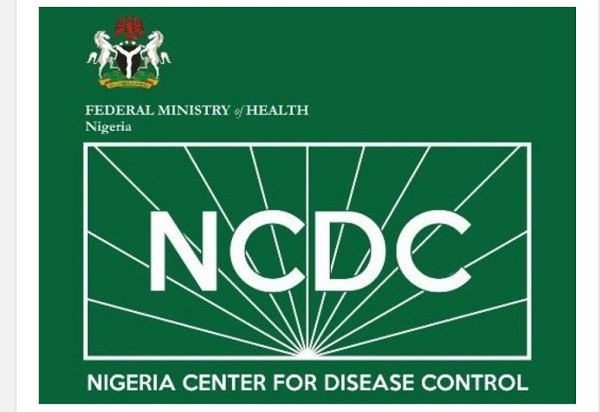
The Nigeria Centre for Disease Control and Prevention (NCDC) has raised concern over an alarming convergence of multiple infectious disease outbreaks across the country, warning that the situation poses significant public health risks if immediate and coordinated action is not taken.
In an update released via its official website on Friday, the NCDC disclosed that Nigeria is experiencing a spike in cholera infections, while confirmed cases of yellow fever and dengue fever have begun to emerge in several states. These developments, the agency said, come even as the country continues to battle existing outbreaks of Mpox (formerly Monkeypox) and diphtheria.
According to the NCDC, as of Epidemiological Week 26 (June 23–29, 2025), suspected cholera cases have been reported in 34 states. Zamfara State alone accounts for 32 per cent of the total burden. Other high-burden states include Bayelsa, Adamawa, Delta, Lagos and Rivers. While exact figures on confirmed cases and deaths were not provided, the centre emphasised that the magnitude of the situation demands enhanced vigilance and an intensified response from all stakeholders.
Cholera, the agency noted, is an acute diarrhoeal disease caused by the ingestion of food or water contaminated with Vibrio cholerae. Symptoms include the sudden onset of profuse watery diarrhoea – often described as “rice water stools” – vomiting and leg cramps. In severe cases, the illness can lead to rapid dehydration and death if not promptly treated.
On yellow fever, a viral haemorrhagic disease transmitted by the Aedes aegypti mosquito, the NCDC revealed that seven cases have so far been detected across six states: Abia, Anambra, Edo, Ekiti, Lagos, and Rivers. While no fatalities have been reported, the Centre stressed that a single confirmed case is considered an outbreak under international health regulations. Symptoms typically include fever, back pain, headache, loss of appetite, and, in severe cases, jaundice, bleeding and organ failure.
The agency also confirmed the outbreak of dengue fever in Edo State between June 9 and 13, following laboratory confirmation. Dengue is another viral illness spread by Aedes mosquitoes, with symptoms ranging from high fever, severe headache, and pain behind the eyes to joint and muscle pain – hence its nickname “breakbone fever” – skin rashes and mild bleeding from the nose or gums.
Mpox, which remains active in parts of the country, is a viral zoonotic disease with symptoms such as fever, headache, muscle aches, swollen lymph nodes and a distinctive rash that evolves into pustules and scabs. Although typically less severe than smallpox, it remains a source of concern due to its potential for person-to-person transmission.
Diphtheria, another active outbreak, is a bacterial infection that affects the mucous membranes of the throat and nose. Symptoms include a sore throat, fever, swollen glands, and a thick grey or white coating in the throat that can obstruct breathing.
The NCDC attributed the increase in mosquito-borne diseases, particularly yellow fever and dengue, to poor sanitation and changing climatic conditions that favour mosquito breeding. The centre called on Nigerians to eliminate stagnant water and other mosquito breeding sites, use insecticide-treated nets, apply insect repellents and participate in vaccination programmes.
“The yellow fever vaccine remains the most effective prevention strategy,” the centre stated, while urging state governments to intensify immunisation campaigns.
The NCDC also cautioned against self-medication for febrile illnesses, noting that dengue, yellow fever, and malaria present with overlapping symptoms that could confuse diagnosis and delay appropriate treatment.
In its statement, the Centre assured the public that it is coordinating a robust national response, with support from the National Primary Health Care Development Agency (NPHCDA), state ministries of health, and international partners. Measures currently underway include the deployment of rapid response teams, strengthening of laboratory testing and disease surveillance systems and the scaling up of public health risk communication and community engagement.
Citizens were urged to adopt good hygiene practices, avoid open defecation, treat drinking water, and seek immediate medical attention if symptoms such as persistent diarrhoea, fever, body pains or unexplained rashes occur.
The centre also called on healthcare providers to maintain a high index of suspicion, promptly report suspected cases of notifiable diseases, and support early case detection and response.
“Nigerians must act now to prevent further loss of lives,” the NCDC warned. “The battle against infectious diseases is not the responsibility of health authorities alone. It requires the commitment of every individual, community and institution.
The centre concluded by stressing that only through collective action at all levels – household, community, state and national – can the country effectively respond to and recover from the current wave of public health threats.

